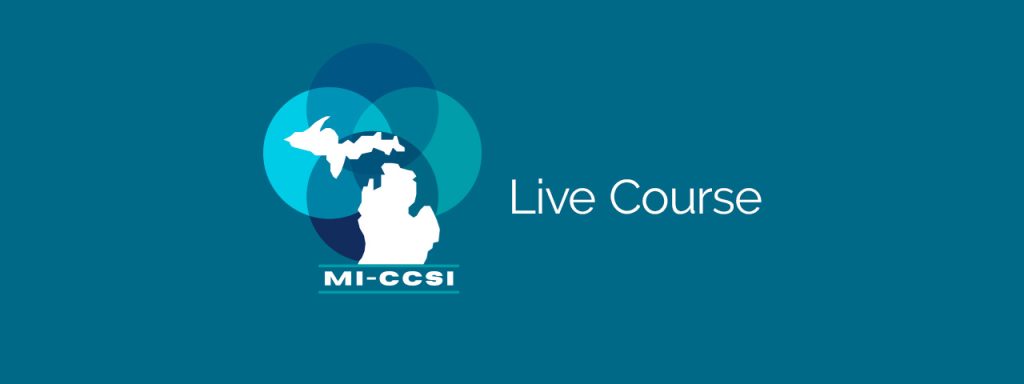

Pain & Substance Use Disorder Treatment: Part 1
Pain & Substance Use Disorder Treatment: Part 1
Biomedical and Psychosocial Aspects of Pain
During Part 1 of this two-part live virtual training course, the participant will gain skills and knowledge in the most current evidence-based approaches of pain management including an overview of pain mechanisms, biopsychosocial interventions, and the use of cannabinoids.
The integrity, commitment, and expertise of this nationally accredited faculty will empower the provider and clinical team with current knowledge, practical approaches and applicable tools and resources to manage this vulnerable and often very complex population.
Participants may choose to participate in one or both parts of this live training series
At the conclusion of Part 1, the participant will be able to:
- Review current evidence on pain and pain management.
- Identify the current evidence and guidance on cannabinoid use for pain management.
- Review the impact of behavioral changes in managing pain.
- Review non-pharmacological, self-management approaches to support patients who have chronic pain.
DATES, TIMES & REGISTRATION
WE HAVE NO MORE UPCOMING SESSIONS IN 2025. PLEASE CHECK BACK EARLY 2026!
Audience
The course is intended for primary care providers, advanced practice providers, nurses, social workers, medical assistants, pharmacists and other clinical and non-clinical practice team members.
Faculty
Daniel Clauw, MDDr. Daniel Clauw is a Professor of Anesthesiology, Medicine (Rheumatology) and Psychiatry at the University of Michigan. He attended undergraduate and medical school at the University of Michigan, following which he did an Internal Medicine Residency and Rheumatology Fellowship at Georgetown University. He stayed at Georgetown as a faculty member from 1990 – 2002, serving as Chief of the Division of Rheumatology and Vice Chair of Medicine.
While at Georgetown he founded the Chronic Pain and Fatigue Research Center (CPFRC), and in 2002 was recruited to bring this group to the University of Michigan, where the group has become one of the most successful pain research groups in the world. He also served as the first PI of the University of Michigan Clinical and Translational Sciences Award (CTSA), as well as the first Associate Dean for Clinical and Translational Research, and founded the institute that houses the UM CTSA, the Michigan Institute for Clinical and Health Research. He has over 450 peer-reviewed publications and has been the PI of over $100M in federal funding. He also has been a very active mentor, serving as the primary mentor for 40 NIH K awardees, nearly all of whom have gone on to obtain R series funding or the equivalent.
David A. Williams is a Professor of Anesthesiology, Medicine, Psychiatry, and Psychology at the University of Michigan where he serves as the Associate Director of the Chronic Pain and Fatigue Research Center, Co-Director of Research Development within the Michigan Institute for Clinical and Health Research (MICHR/CTSA), and as a senior faculty member within the Institute of Healthcare Policy and Innovation (IHPI). Prior to coming to the University of Michigan he held faculty appointments at both Duke and Georgetown University Medical Centers. He is both a clinician and researcher with publications in the areas of chronic illness management, e- and m-health services delivery, patient-reported outcomes instrument development and validation, and mechanisms of pain perception/modulation. He is the immediate past President of the American Pain Society and serves on numerous scientific editorial boards and scientific review committees both nationally and internationally. In recognition of his commitment to students, he received the Distinguished Clinical and Translational Research Mentor Award from the University of Michigan.
Cost
FREE for members; FREE for non-members
Provided at no charge through a grant from the Michigan Department of Health & Human Services and the Centers for Disease Control and Prevention.
Continuing Education Credits
Providers & Nurses
This training will meet the continuing education requirements for pain and symptom management in the state of Michigan for medical license renewals and the LARA training requirements for providers prescribing opioids and other controlled substances.
Providers & Nurses:
The AAFP has reviewed Pain and Substance Use Disorder, and deemed it acceptable for AAFP credit. Term of approval is from 03/07/2025 to 02/13/2026. Physicians should claim only the credit commensurate with the extent of their participation in the activity.
Credits Available: Up to 3.0
Nurses:
Note: Nurses can use CME credits toward re-licensure.
Michigan Board of Nursing Continuing Education Requirements Details
Social Workers
This course is approved by NASW-Michigan. The course is approved for up to 3 contact hours.
Full continuing education credits are achieved by the successful participation and completion of the required pretest, entire live training course, and all required post-tests and evaluations.
Submit continuing education credit questions to Sue Vos at 616.292.5774 or sue.vos@miccsi.org
Questions
If you have any questions, contact Amy at amy.wales@miccsi.org